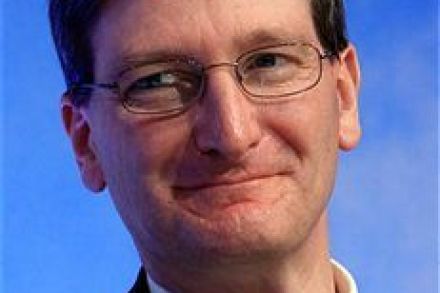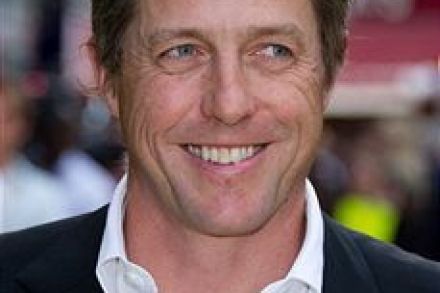What the attorney general needs to do
I’m sure that all CoffeeHousers know who the footballer is with the super injunction preventing newspapers from publishing anything about his affair with the Big Brother contestant Imogen Thomas. But if you didn’t, the papers would have made pretty odd reading over the past few days because the press keeps making little in jokes that are only funny if you know the player’s identity. David Cameron this morning announced that he knew the identity of the player. This highlights one of many ironies of the situation, which is that far more people are now aware of who the errant footballer is than would have been if the news had just




















